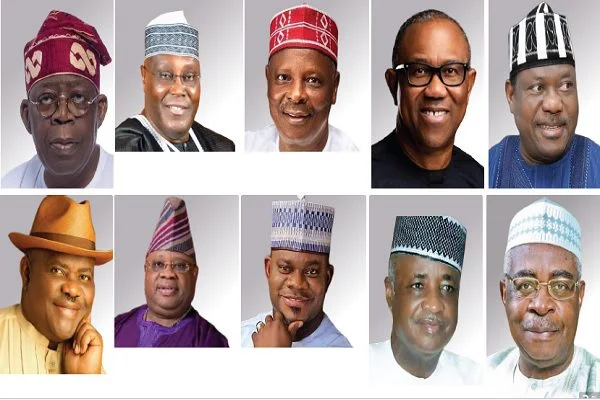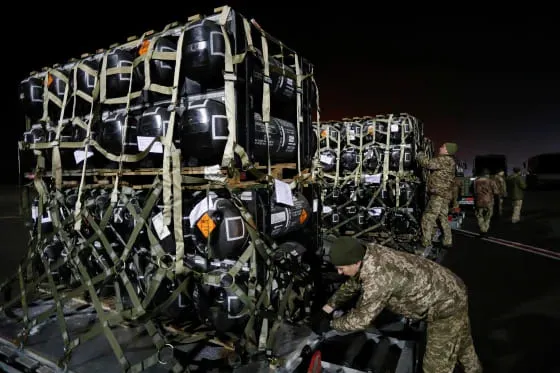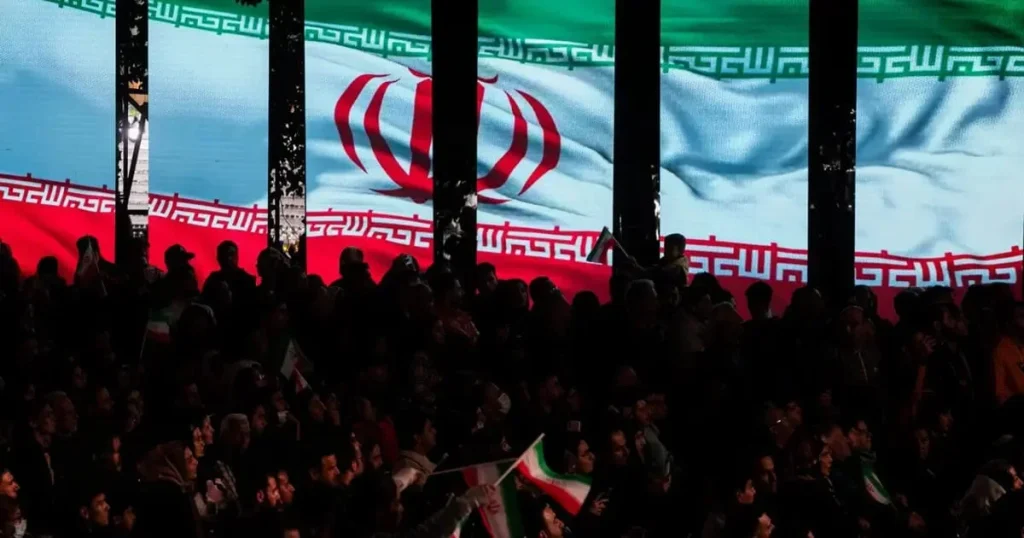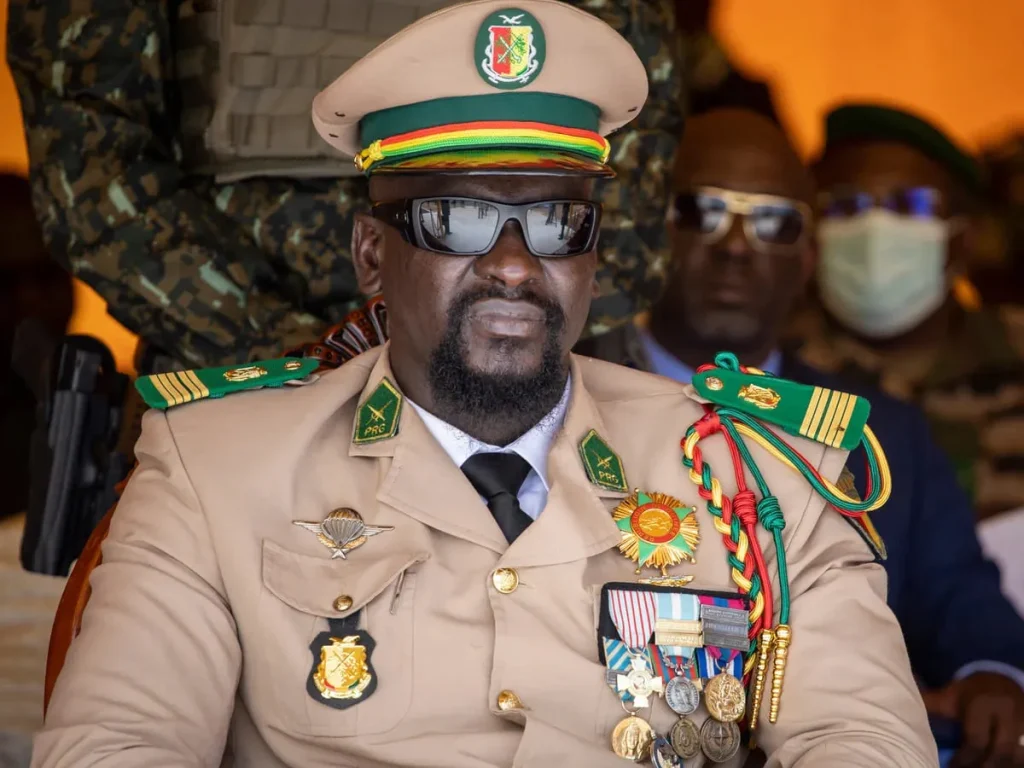As Nigeria gears up for the 2024 general elections, the political landscape is fraught with tension, uncertainty, and hope. The upcoming elections are more than just a contest between political parties; they represent a crossroads for Africa’s most populous nation. With a rising youth population, growing economic challenges, and deepening divisions along ethnic and religious lines, the outcome of these elections could reshape Nigeria for generations to come.
Nigeria’s political future hangs in the balance. The country is facing a confluence of issues that will demand bold leadership and decisive action. The Boko Haram insurgency remains a threat in the northeast, while separatist movements in the southeast continue to agitate for autonomy. Additionally, rampant corruption and inefficiency within government institutions have eroded public trust, and the economic struggles, including inflation and unemployment, have made life increasingly difficult for millions of Nigerians.
This election is particularly significant for Nigeria’s young voters, who now make up more than 50% of the electorate. Many of them are frustrated with the status quo and eager for change, but they remain skeptical of the political elite. The challenge for candidates will be to connect with this disenfranchised youth and offer realistic solutions to the country’s mounting problems.
The dominant political parties, APC and PDP, have long controlled Nigeria’s political arena, but growing discontent has given rise to smaller, more progressive parties. However, these newer entrants face significant challenges in gaining traction, as the political machinery of Nigeria remains deeply entrenched in patronage networks. The outcome of this election will depend on whether Nigerians are willing to break away from traditional voting patterns and embrace new political options.
Conclusion:
Nigeria’s 2024 elections are shaping up to be one of the most consequential in its history. The country needs leaders who can unite its diverse population, address its economic challenges, and restore faith in its political institutions. Whether the elections deliver such leadership remains to be seen, but the stakes have never been higher.























